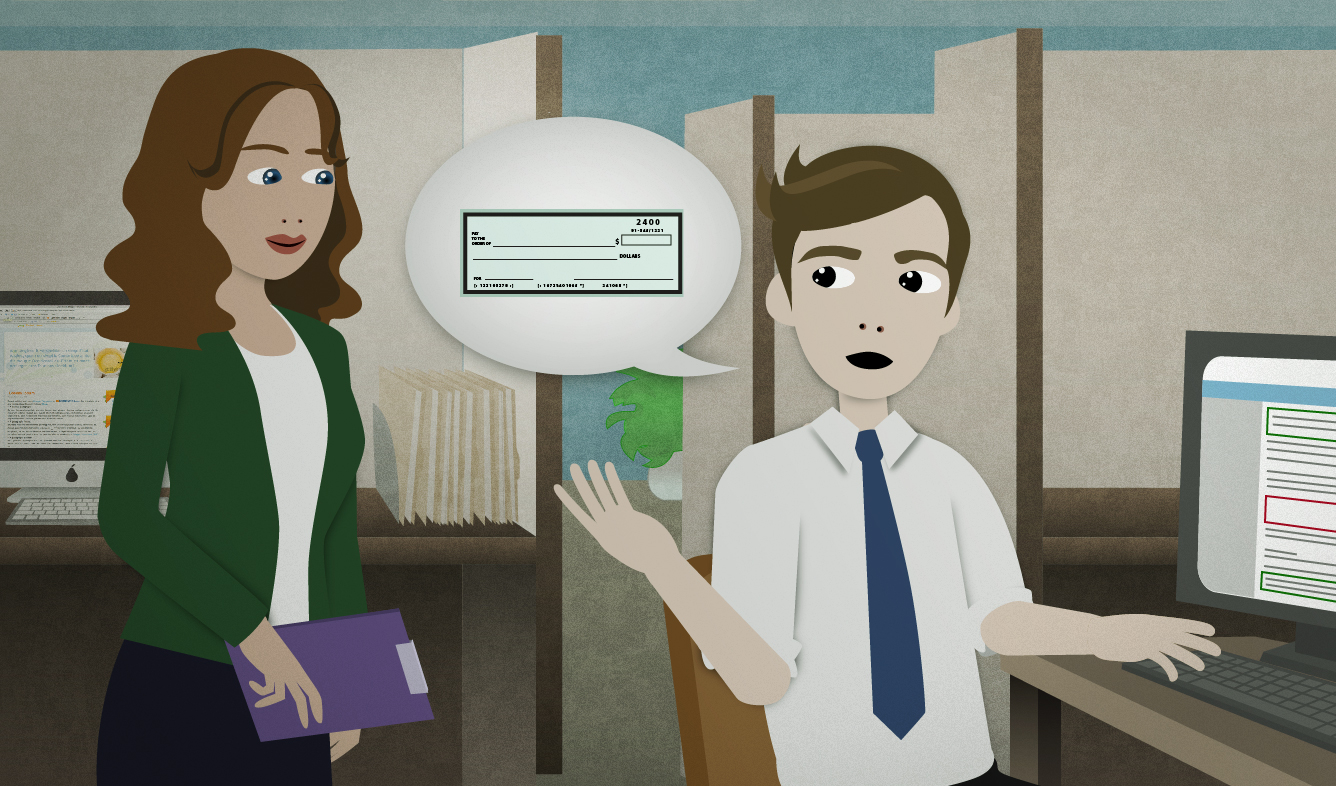Current Deposit
Posted By admin On 10/07/22Certificates of Deposit A Certificate of Deposit is similar to a savings account in that they are insured and thus virtually risk-free (CDs are insured by the FDIC for banks). They are different from savings accounts in that the CD has a specific, fixed term (often three months, six months or one to four years), and, usually, a fixed interest rate. Deposit cash instantly at 60,000 stores. Mobile check deposit. Deposit checks easily using your phone’s camera. Instantly send or receive money for free. 24/7 Member support. Support available 24 hours a day, 365 days a year.
Direct Deposit (EFT)
With Direct Deposit, your money will be available to you when your financial institution opens for business on the payment date. Banks, savings and loan associations, and credit unions are eligible to accept such deposits.
There can be only one financial institution's account information on file for one federal tax identification number (SSN or FEIN). Payments cannot be sent to two or more financial institutions.
Complete the Direct Deposit Authorization form with original signatures and then mail it to the Direct Deposit Section as directed on the form. Faxed or emailed forms will not be accepted.
If you are not a business entity, but will be receiving payments from the State of Florida, complete Section 1 of the form with your name and contact information.
Florida Single Audit Act

Information related to the Florida Single Audit Act is available at
Prompt Payment of Invoices

For quarterly interest rate click here.
Substitute Form W-9 and Form 1099 Information
A completed Substitute Form W-9 is required from any entity that receives a payment from the State of Florida that is a vendor type payment or may be subject to Form 1099 reporting. The Department of Financial Services (DFS) must have the correct Taxpayer Identification Number (TIN) and other related information in order to report accurate tax information to the Internal Revenue Service and determine if a vendor should receive a Form 1099. Use the DFS Substitute Form W-9 Verification website to submit your Substitute Form W-9 electronically.
Vendor Payments
To find information about payments issued to you from the State of Florida, use the Vendor Payment History website. The website is updated at the close of business each day with the current day's payments. If you need assistance with the website click here.
Consolidated Vendors
Vendors can receive a payroll deduction payment through the Consolidated Miscellaneous Deduction Vendor Program. The Bureau of State Payrolls grants permission for a vendor to receive these payments. Payment information is available on the Consolidated Vendors website.
Vendor Training
Online training is available to assist you in learning about your responsibilities for filing the Florida Form Substitute Form W-9 and complying with the Florida Single Audit Act requirements.
Wage Garnishment Recipients
Collection recipients may go to the State of Florida Collections website to make inquiries into payments made to them by employees of the State of Florida. Collection recipients are those who receive monies deducted from a State of Florida employee's wages.
The types of orders treated as collections are:
Current Deposit Rate
- court ordered support
- wage garnishments
- student loans
- bankruptcies